
🔗: doi.org/10.1016/j.je...

🔗: doi.org/10.1016/j.je...


openletter.earth/against-lang...
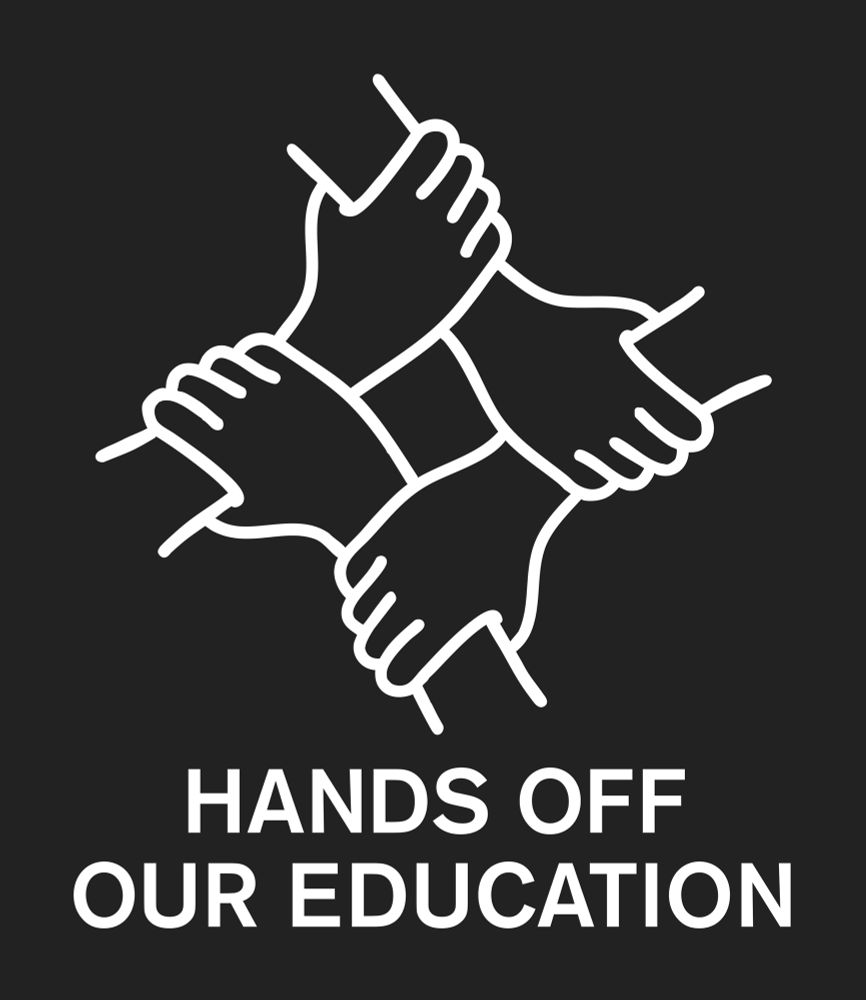




Do liberals or conservatives in the US trust scientists more? You might assume it's liberals, but studies often fail to consider the diversity of scientific disciplines! 🔬
nature.com/articles/s41...
[1/6]🧵

Do liberals or conservatives in the US trust scientists more? You might assume it's liberals, but studies often fail to consider the diversity of scientific disciplines! 🔬
nature.com/articles/s41...
[1/6]🧵
🛫✈️ We’re designing a conjoint experiment to test public support for a more ambitious air travel #carbon tax in Denmark—varying tax levels, revenue use, and progressivity.
We're now deciding which three tax levels to test—each reflecting different levels of ambition. Any suggestions?
🛫✈️ We’re designing a conjoint experiment to test public support for a more ambitious air travel #carbon tax in Denmark—varying tax levels, revenue use, and progressivity.
We're now deciding which three tax levels to test—each reflecting different levels of ambition. Any suggestions?
journals.sagepub.com/doi/pdf/10.1...
journals.sagepub.com/doi/pdf/10.1...
The paper is published OA in the Journal of Social Issues: lnkd.in/dFN8_8KA

The paper is published OA in the Journal of Social Issues: lnkd.in/dFN8_8KA
More info and application form here: careers.miami.edu/us/en/job/R1...
More info and application form here: careers.miami.edu/us/en/job/R1...
Our new paper is now out in Nature Human Behaviour!
Across 27 countries, scientific consensus on climate change reduces misperceptions and increases belief in (human-caused) climate change and worry, also among those with low trust and on the right.
www.nature.com/articles/s41...
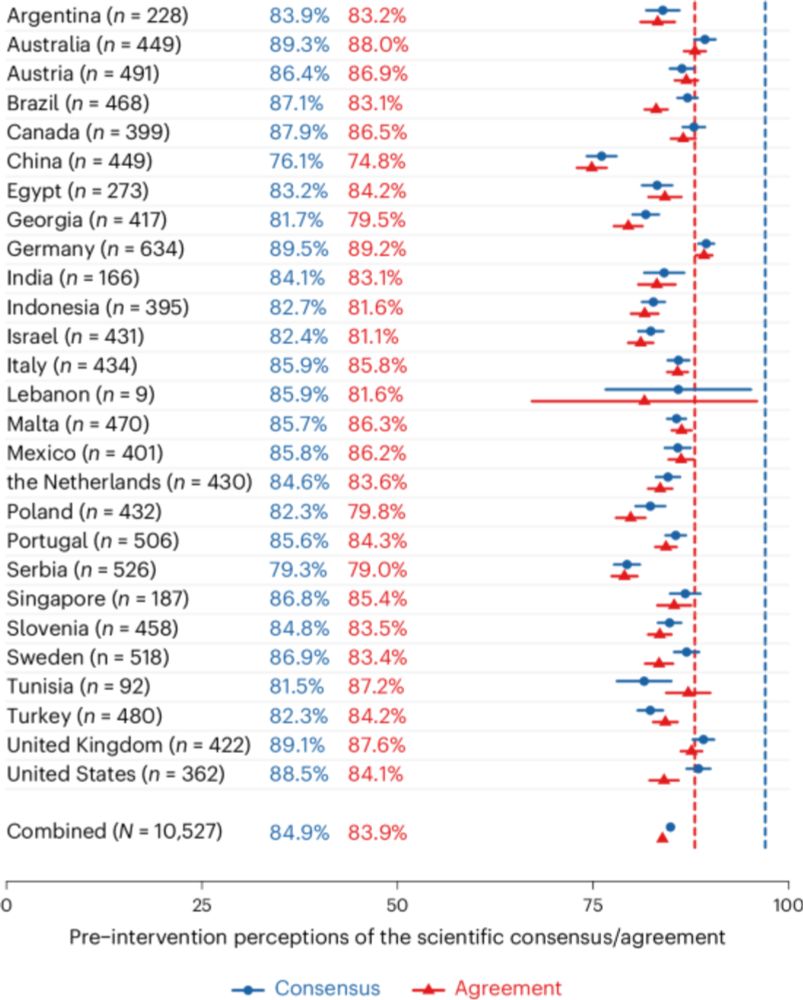
Our new paper is now out in Nature Human Behaviour!
Across 27 countries, scientific consensus on climate change reduces misperceptions and increases belief in (human-caused) climate change and worry, also among those with low trust and on the right.
www.nature.com/articles/s41...
Out today in Nature:
www.nature.com/articles/s41...
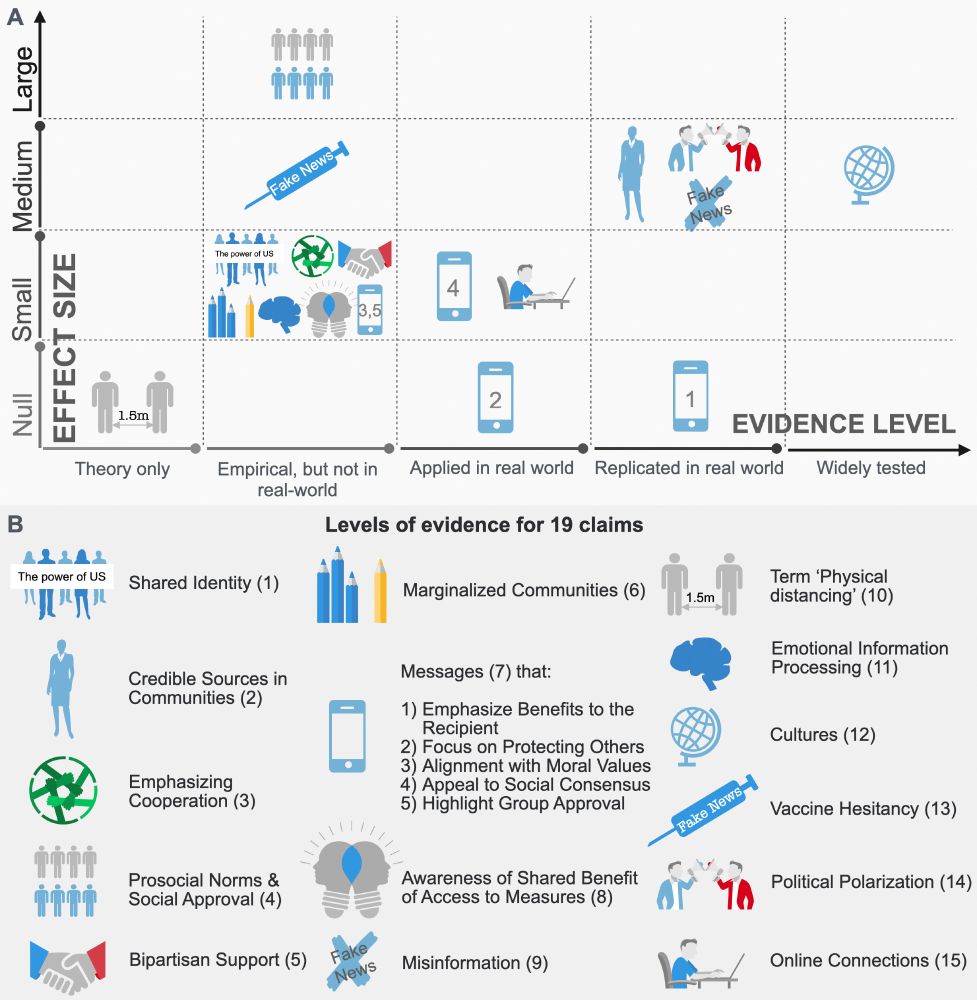
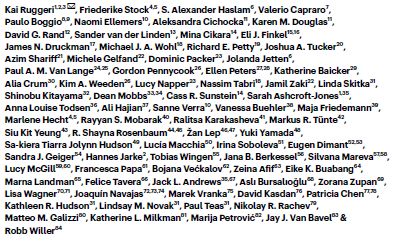
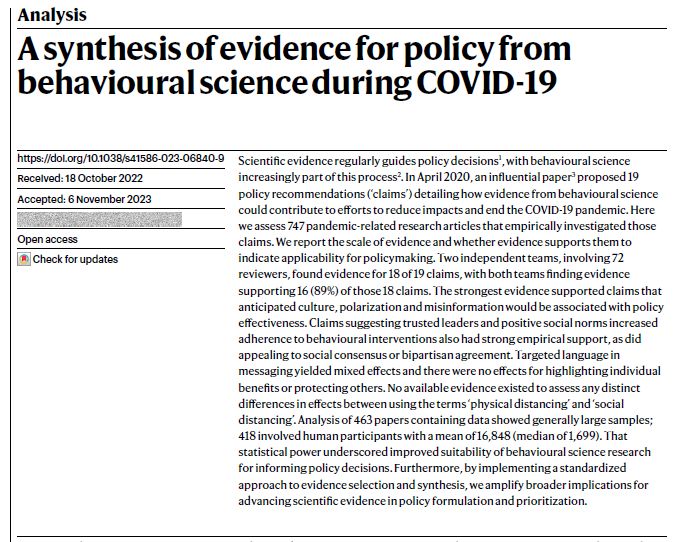
Out today in Nature:
www.nature.com/articles/s41...
With @marijapetrovic.bsky.social, @vukasin.bsky.social
#socialpsyc #PsychSci

With @marijapetrovic.bsky.social, @vukasin.bsky.social
#socialpsyc #PsychSci
"An underperforming system can threaten one’s belief that the social world is a just and safe place, consequently, misperception of such a dysfunctional system can protect our psychological well-being."
🧪 #SocialPsyc #Psychology
"An underperforming system can threaten one’s belief that the social world is a just and safe place, consequently, misperception of such a dysfunctional system can protect our psychological well-being."
🧪 #SocialPsyc #Psychology

